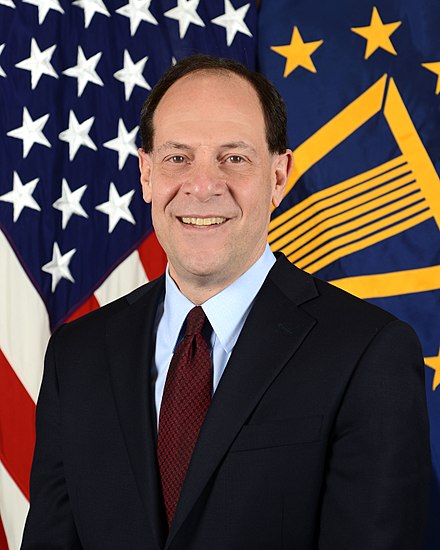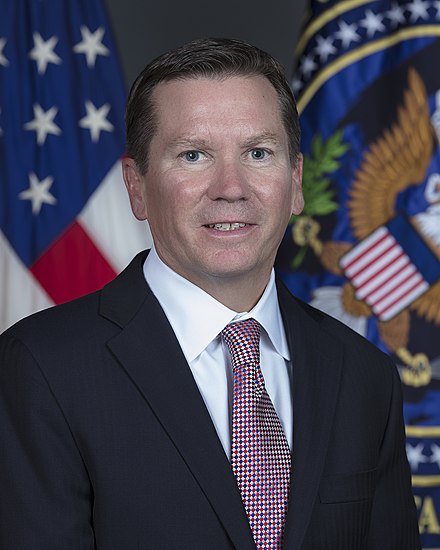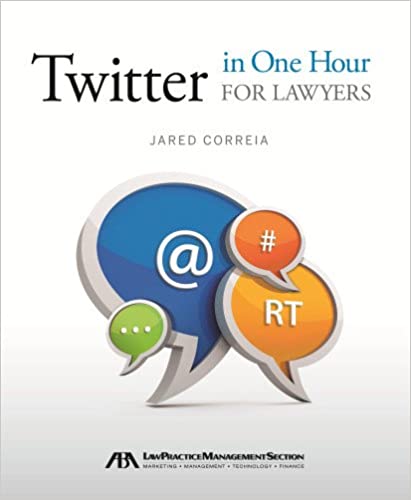Donald Trump’s efforts to undermine the independent Offices of Inspector General (IGs) have provoked significant public controversy.
Since I was a lawyer for IGs in three different agencies between 1993 and my retirement in 2018 I feel qualified to comment on this issue. In these jobs I assisted teams of criminal investigators and auditors in their efforts to reduce waste, fraud and abuse of government funds. Since I am retired, I am freer to express my view of this matter.
In the course of my IG jobs I frequently worked with members of Congress on both sides of the aisle and their staffs. Everyone in Congress that I worked with, including the most liberal Democrats and the most conservative Republicans, liked the IGs because they provided reliable, objective information about government problems.
Trump’s efforts to undermine IGs deserve more national attention. The relative lack of attention is probably a result of the national health crisis. While thousands of people are dying it’s tempting to downplay what may appear to many citizens as an insignificant reshuffling of organization charts.
This relative lack of attention is a large mistake. Trump’s actions are a significant attack on an institution that is one of the most effective independent oversight bodies. It’s part of a pattern that threatens our democracy. A bipartisan response is needed. There are some signs that this is beginning to coalesce, but given the tremendous level of political polarization, success in these efforts should not be taken for granted. The bizarre reaction of Attorney General Bill Barr reduces optimism that this scandal will be appropriately addressed.

One more point: I know Glenn Fine, one of the IGs Trump has undermined. He was and is absolutely one of the most respected IGs. That’s why a panel of his peers selected him to lead the oversight of the trillions of dollars Congress is giving Trump to spend. Fine was not fired, merely demoted, but the demotion removes him from any real decision making oversight role.

I have no personal acquaintance with Michael Atkinson, the Intelligence Community Inspector General who Trump recently fired. He assumed office only a few months before I retired, but as a result of my work in the IG community I do know that this job is considered one of the most sensitive and difficult IG positions. Only the most capable people are considered for the DNI IG position.
Finally, a personal note:
Once I became an IG lawyer, I never wanted to do any other type of work. I loved it because we were independent. We went after Democrats or Republicans with equal fervor. We really didn’t give a damn.
This is the Inspector General ethos. This is why Trump fears IGs. It is why, when so many Americans are dying, sick or distracted in the midst of a great national public emergency, Trump is taking advantage of this to undermine their efforts to reduce waste, fraud and abuse.
Jerry Lawson

